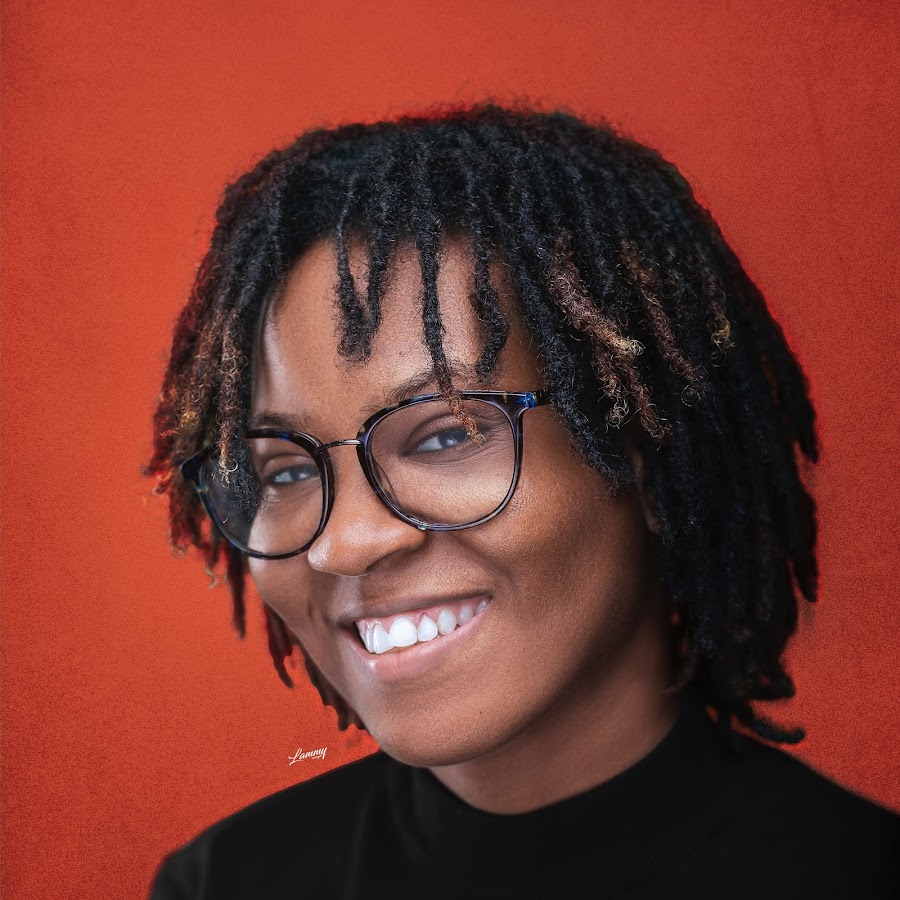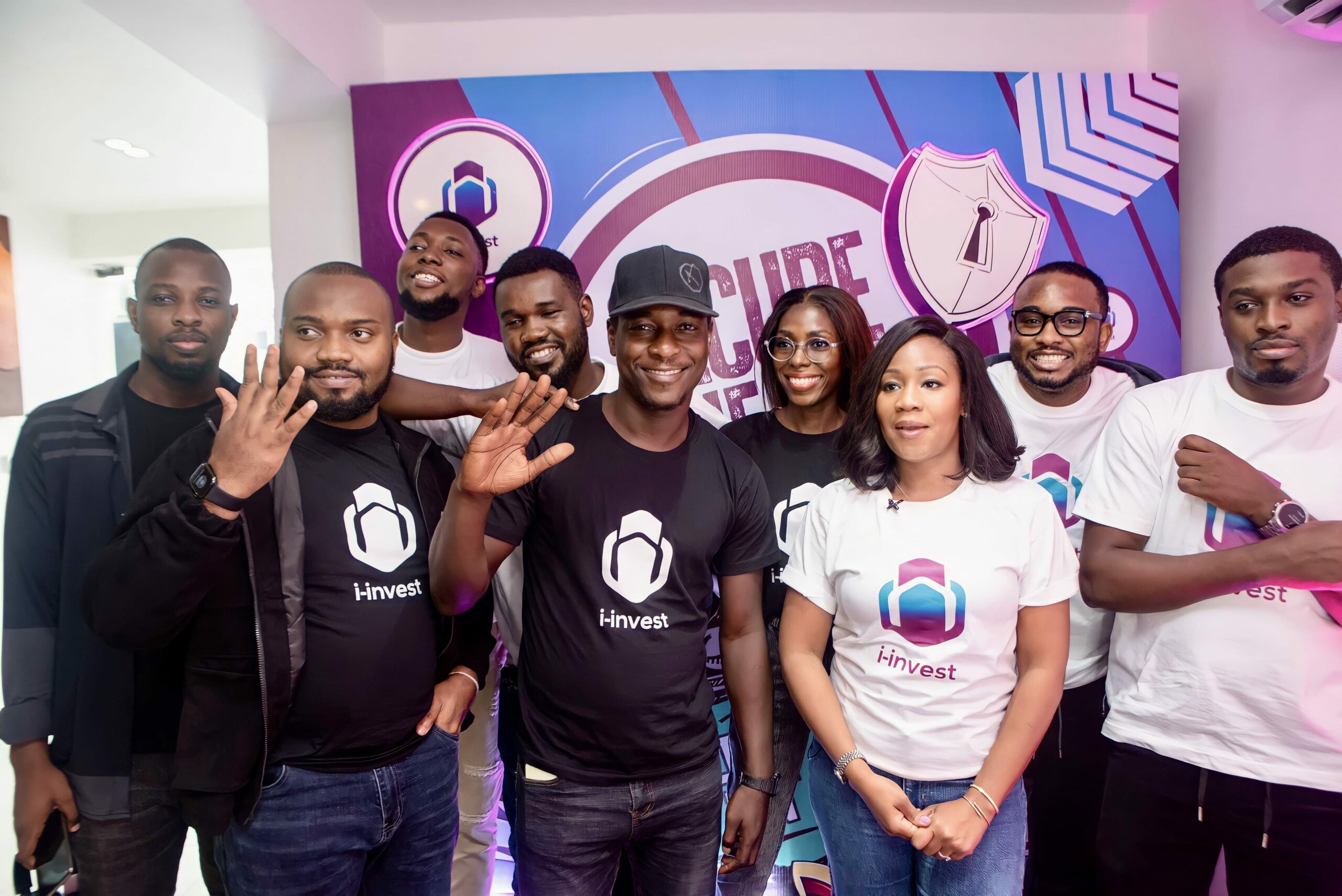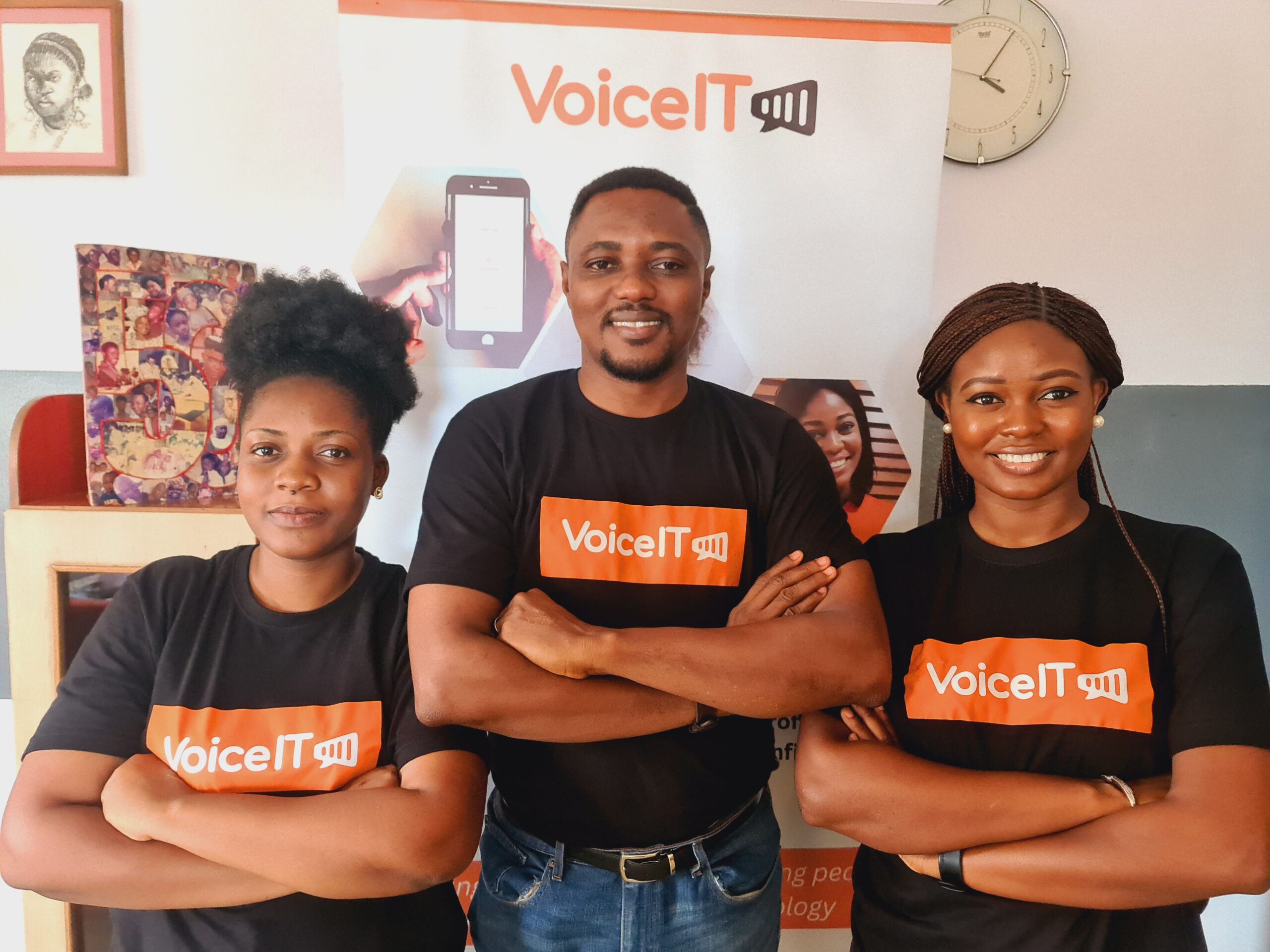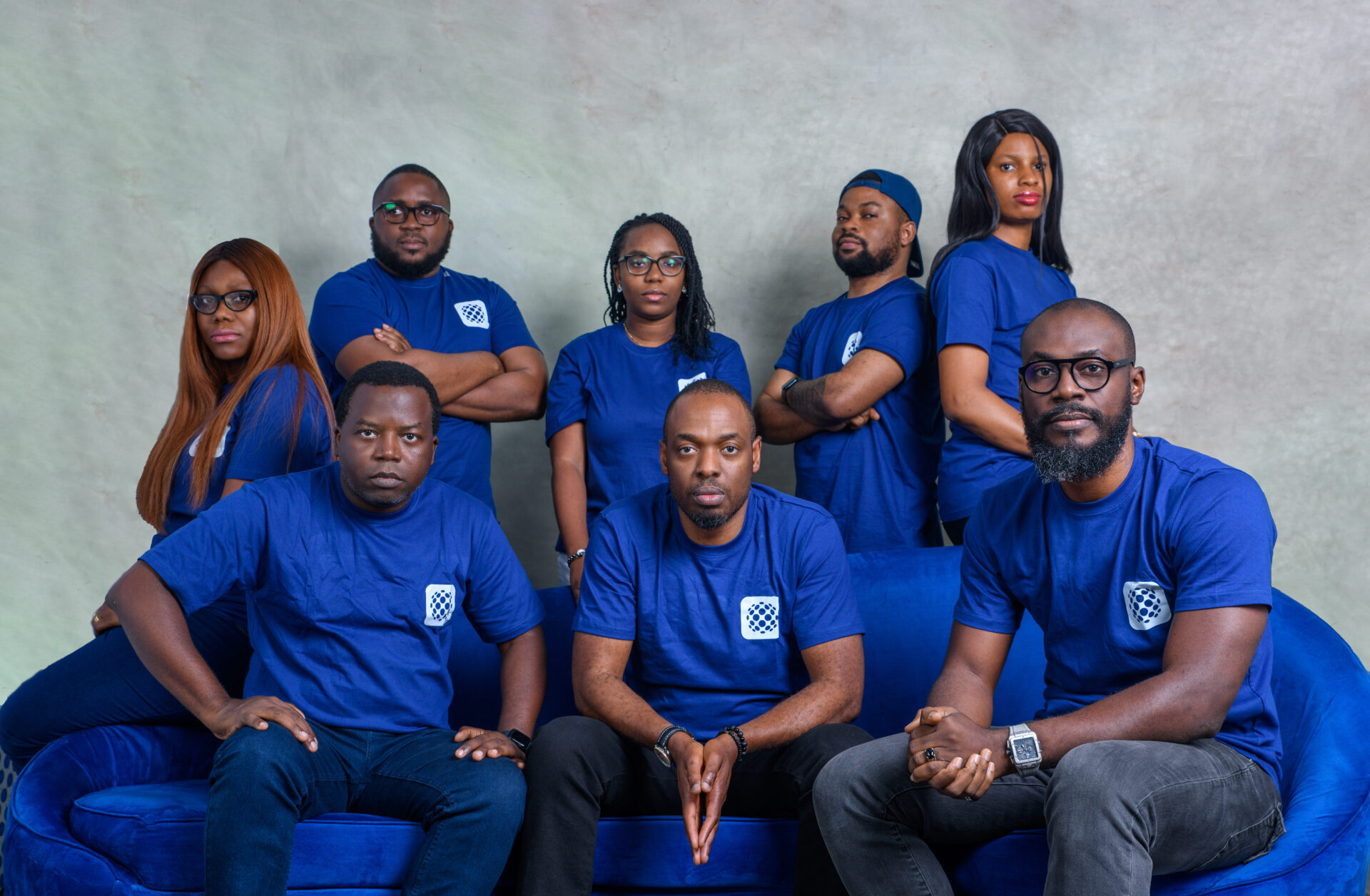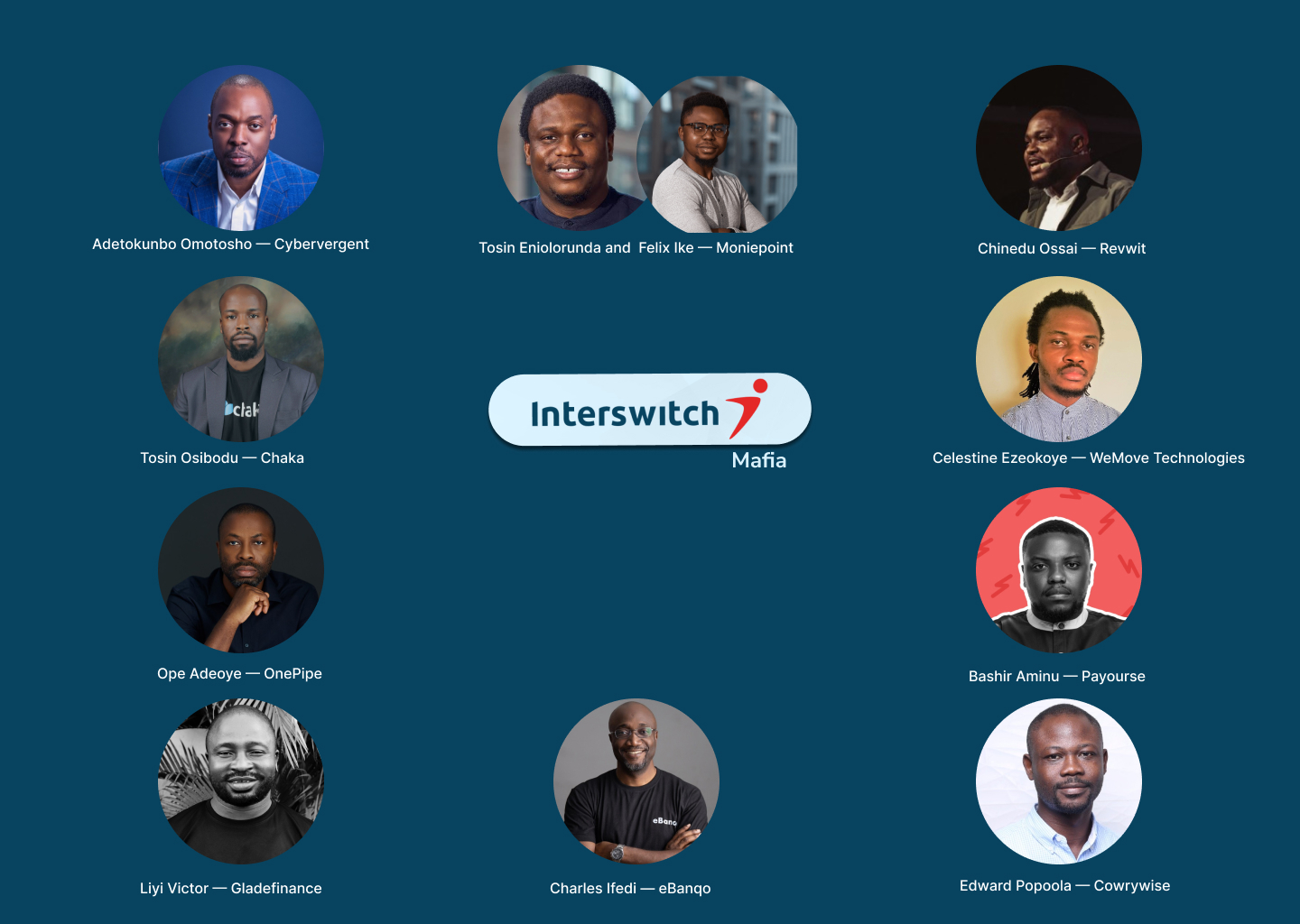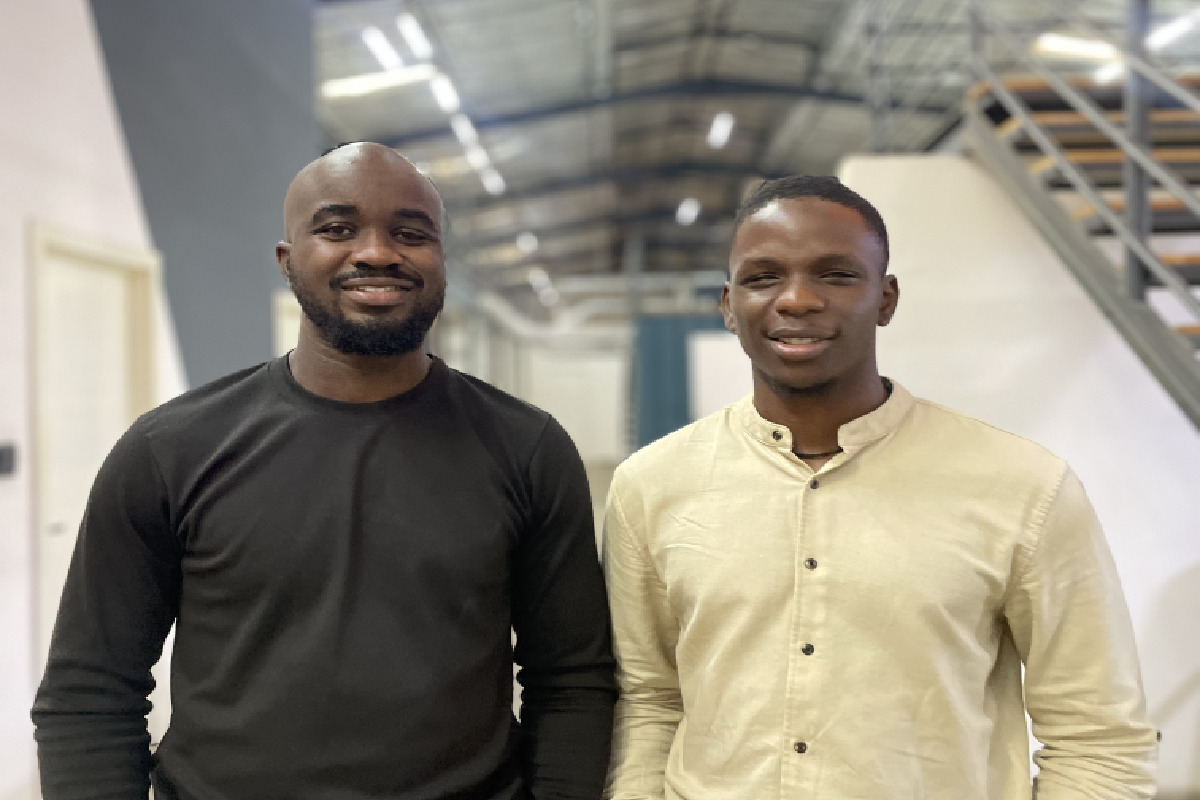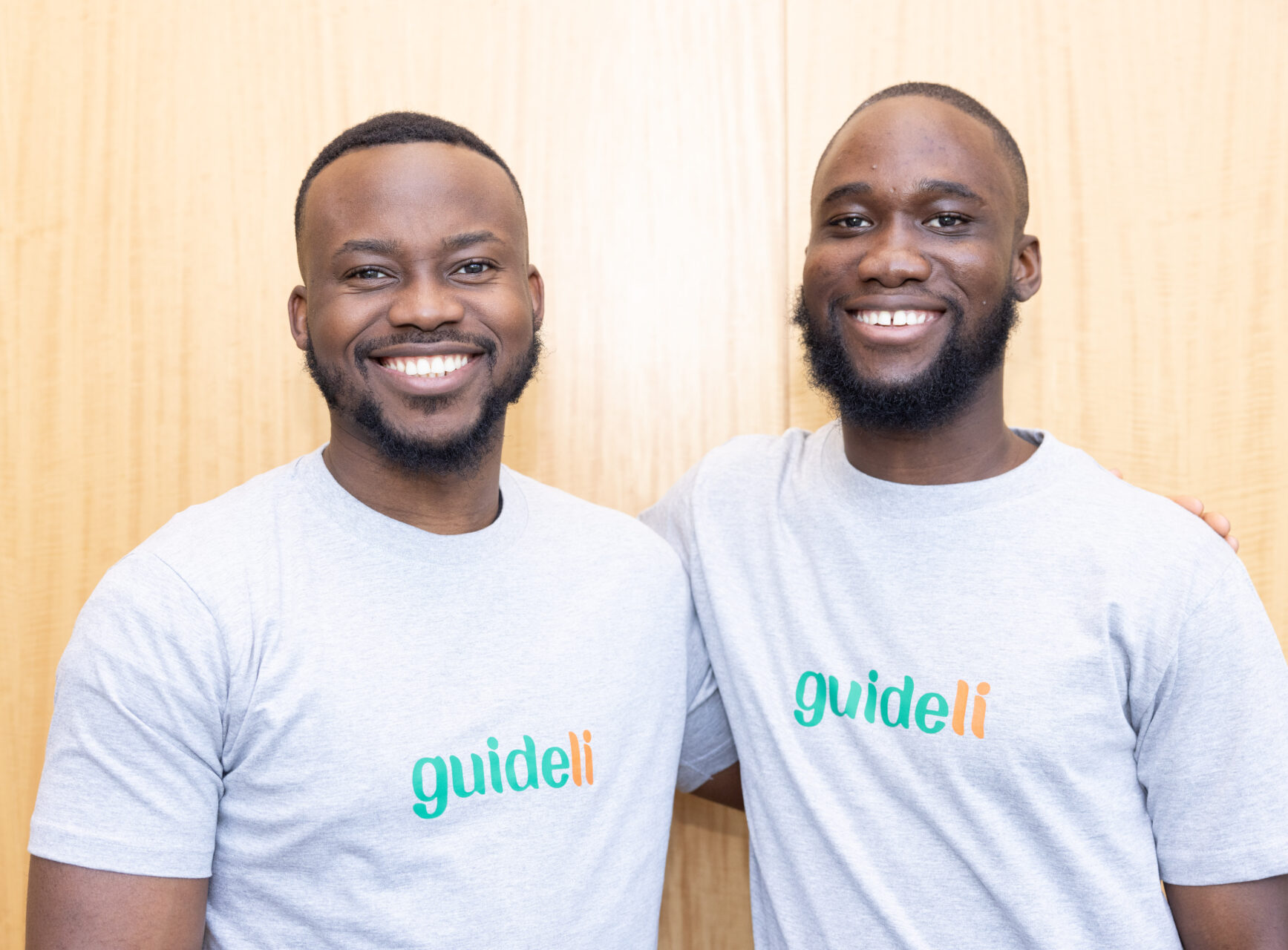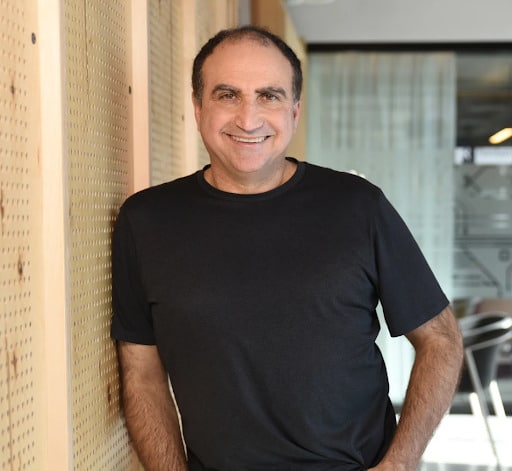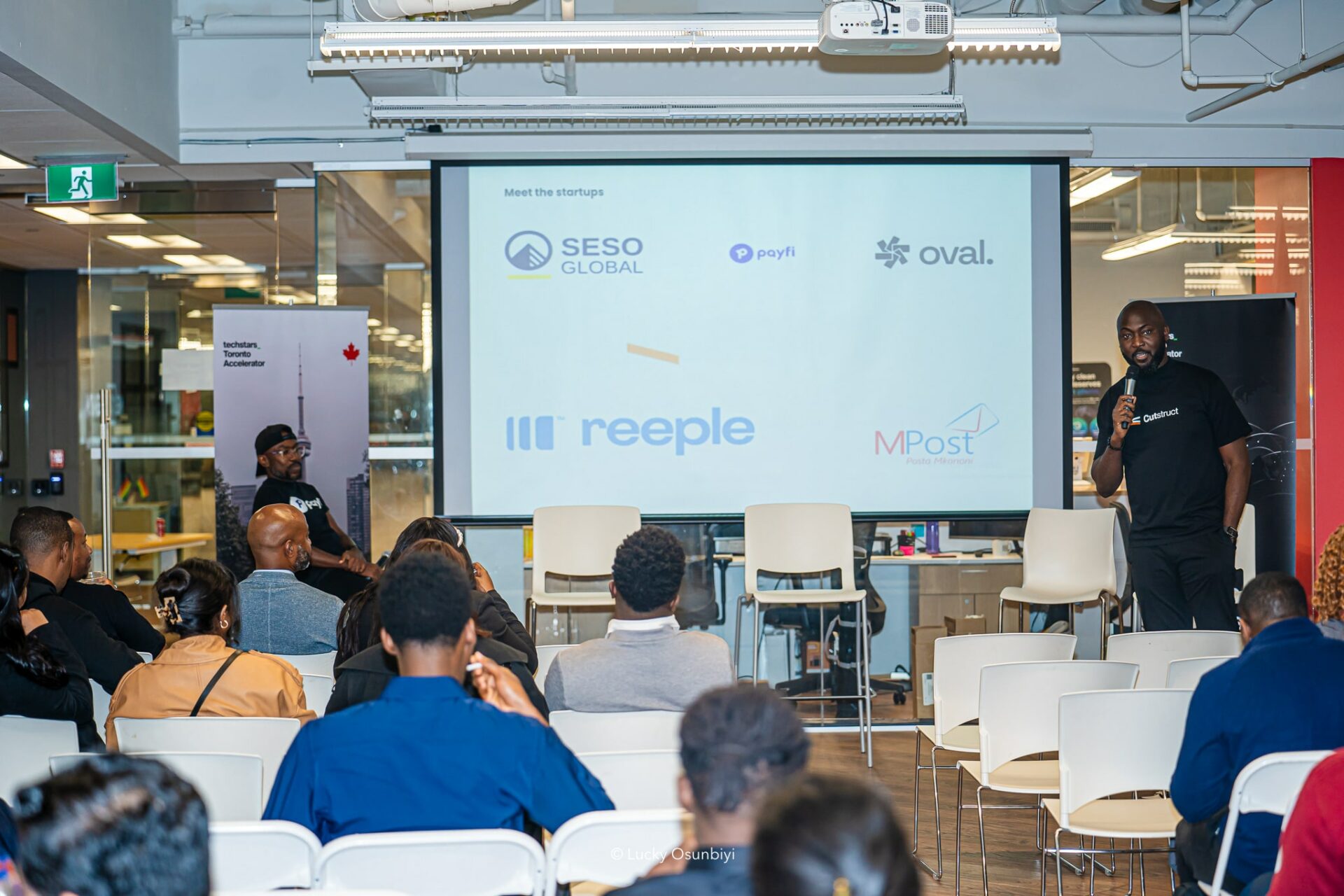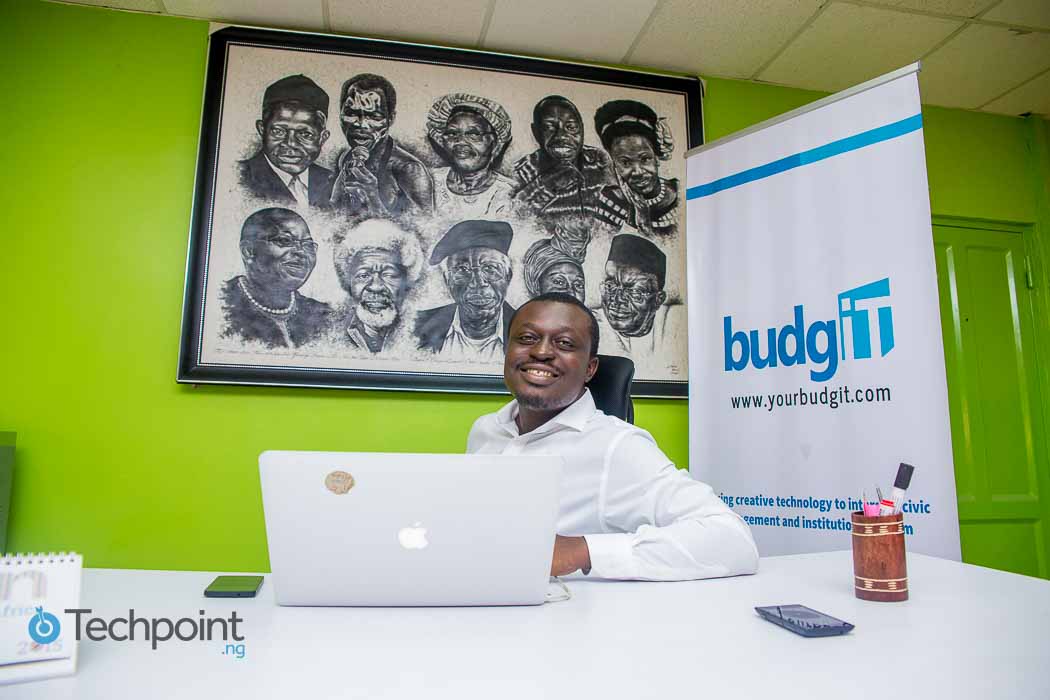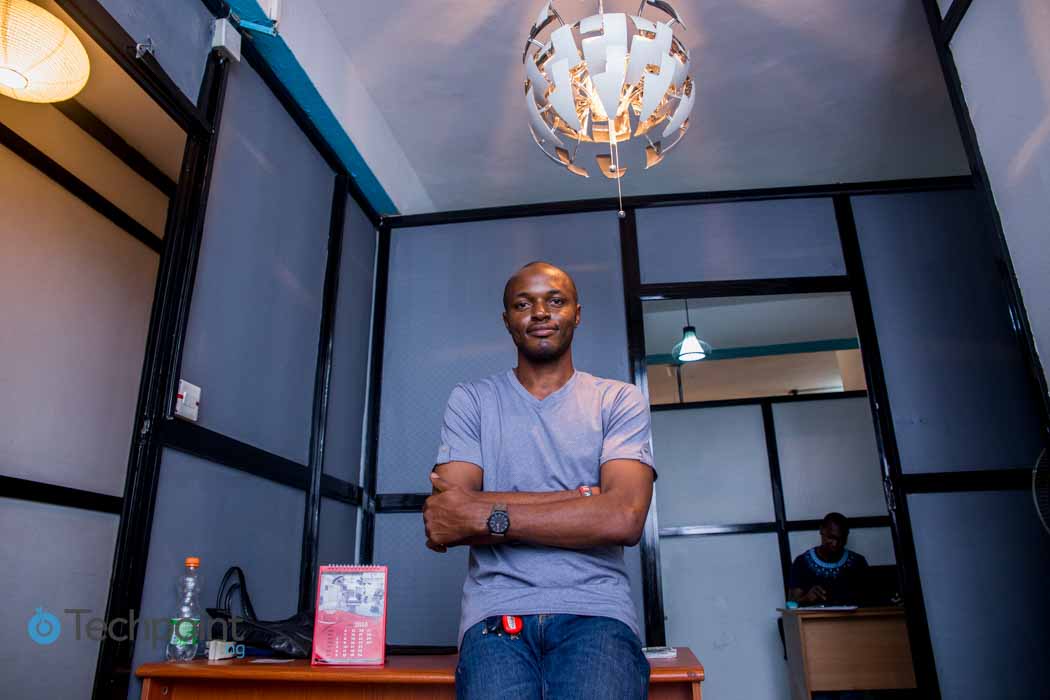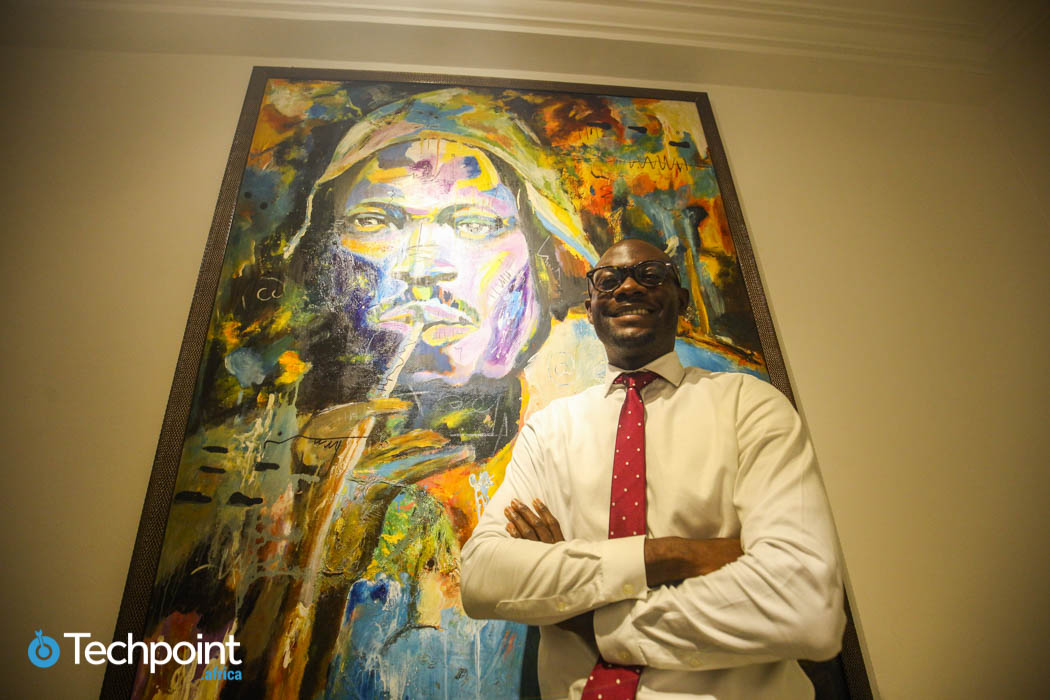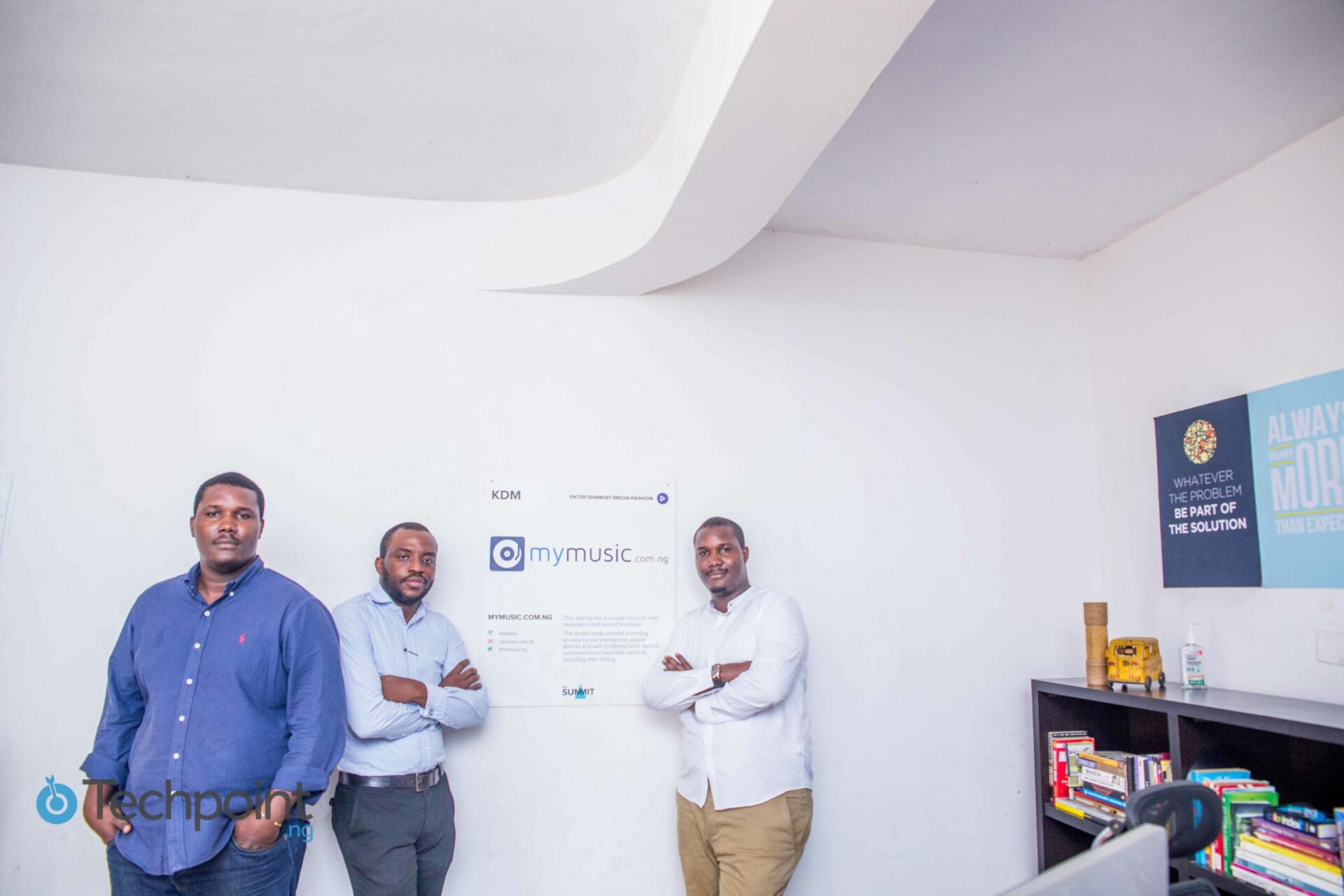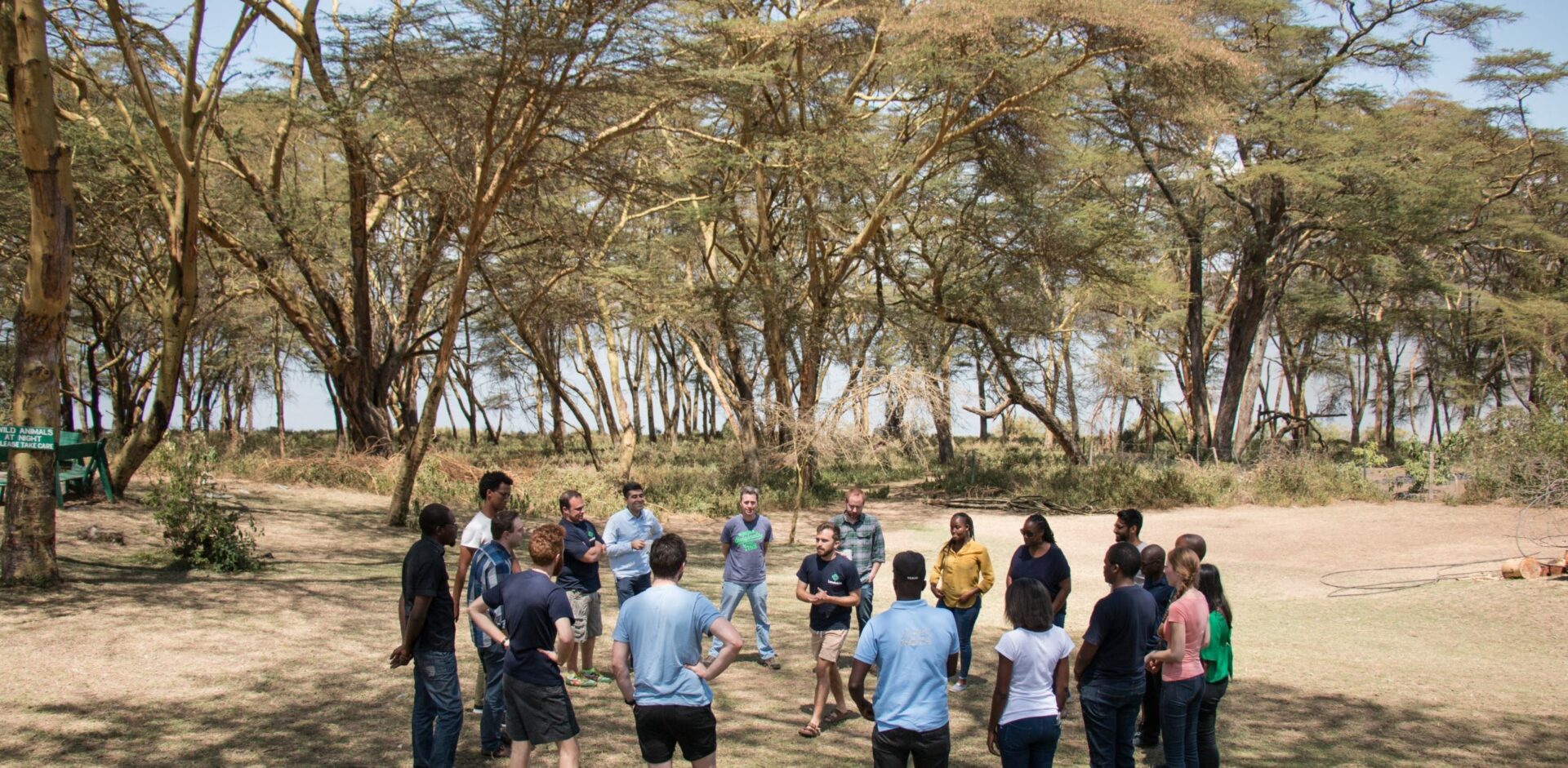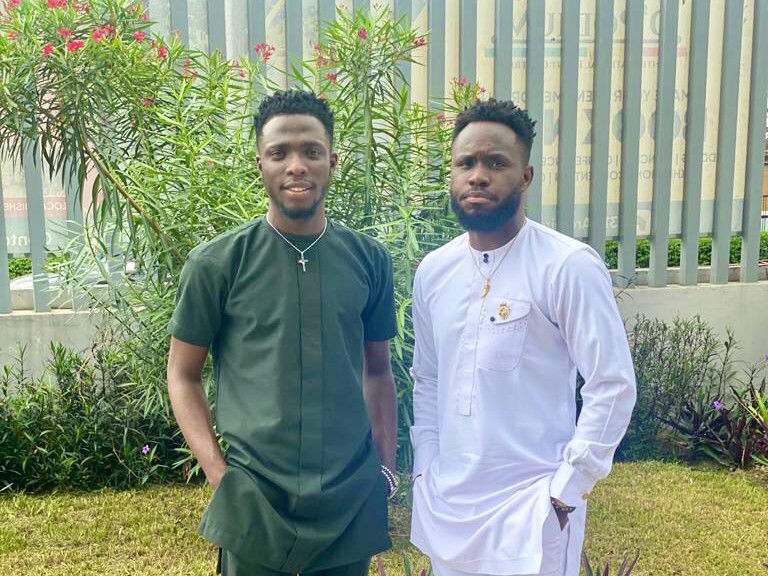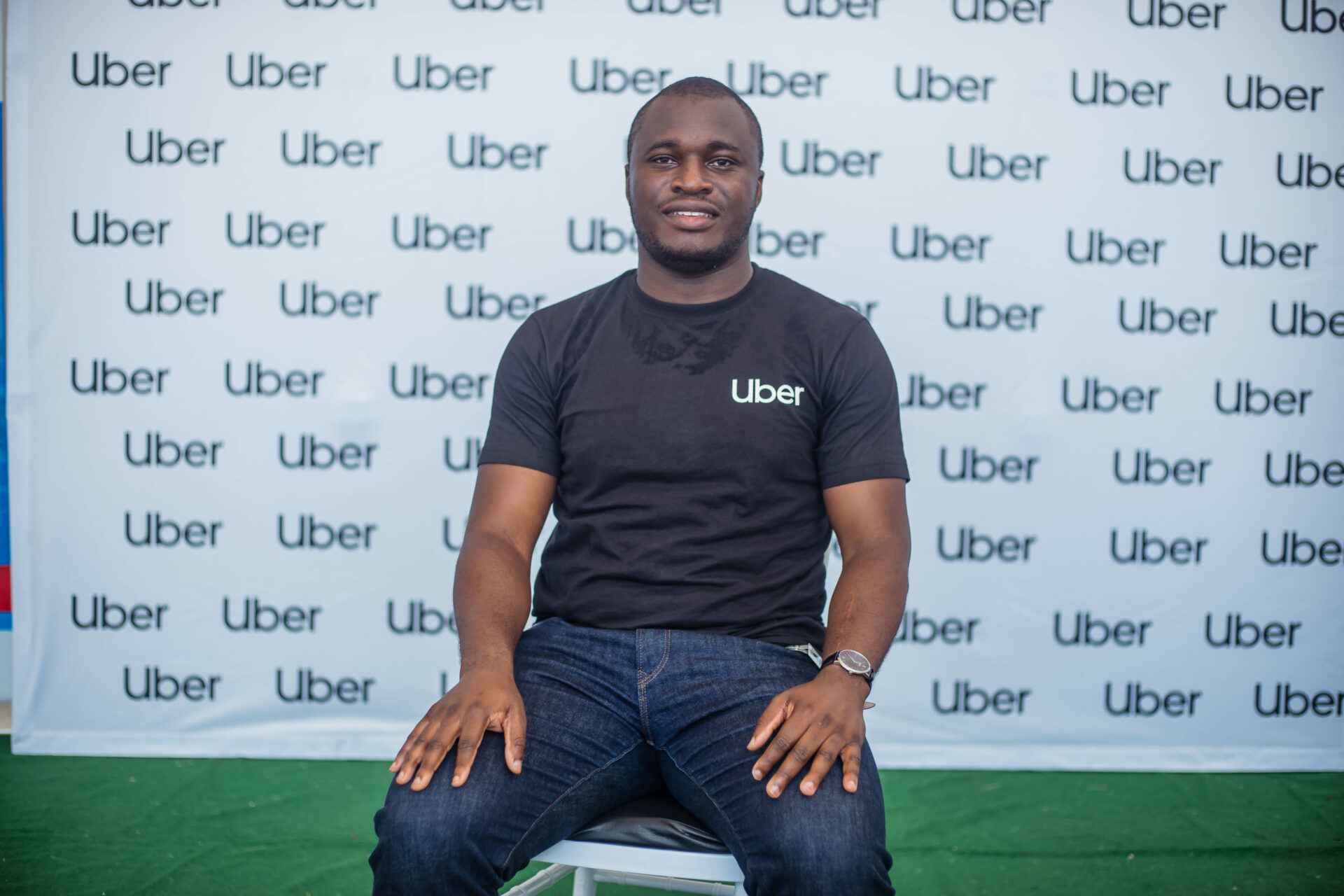Sometime in 2014, AutoSave -- a web-based platform -- was created by three young Nigerians who had an idea that would reduce cases of people being stranded on Lagos roads following an automobile breakdown.
It is not news that the sorry state of Lagos roads contributes to the wear and tear of vehicles, ultimately leading to unexpected breakdowns. In 2018, the Lagos State Traffic Management Authority (LASTMA) reported that vehicular breakdowns, especially of articulated vehicles, had increased by a startling 200%.
Experiencing a breakdown is never nice especially when getting help is difficult.
But with the platform, the process of getting help was quite simple. All one had to do was log on to AutoSave Roadside Assistant’s website, and search for a nearby mechanic or towing van or call the service lines to get a mechanic assigned to you.
Suggested read: AutoSave.com.ng: Roadside mechanics meet tech
Before launching, the team went to some locations in the city to get mechanics and towing vehicle operators registered on the network. Having captured these places, more areas were included based on requests.
A few years later, after struggling to retain clients and get funds, the startup stopped operations.
In this interview with Ifeoluwa Popoola, one of AutoSave’s three co-founders, he revealed some common and specific challenges which resulted in the end of the promising startup.
Popoola, however, hinted at a possible revamp of AutoSave sometime in the future but there are no definite plans at the moment. It is worth noting that all the co-founders have moved on.

Join over 3,000 founders and investors
Give it a try, you can unsubscribe anytime. Privacy Policy.
After AutoSave, Popoola and Pheelomillo went ahead to co-found Hacklab Innovations. Presently, Popoola is KoloPay’s CTO, Pheelamillo is the creative director at Sulphoor Studio, while Gbenga is the founder of Gidicart and also a part of the team at Ringier Africa Digital Publishing (RADP).
Kolawole Oluwanifemi of Techpoint (KO): What was the first challenge you experienced?
Ifeoluwa Popoola of AutoSave (IP): It was impossible retaining customers in this type of business because no one wished their cars would keep breaking down. That was the first sign that the business wouldn’t survive. And this was a big issue in keeping a steady flow of customers. Getting access to funding was another problem, we bootstrapped until the end. The final nail in the coffin was when the Lagos State government started providing a similar service for free or at a discounted price.
KO: Did you see these challenges coming while you were in the process of getting proof of concept?
IP: We actually expected customer retainership and funding challenges, but we never saw the government doing the same thing we were doing. We thought that having a lot of vehicles on Lagos roads would be enough to maintain our user base even if they didn’t do repeat service. Unfortunately, we didn’t have resources to get many vehicle owners to know we existed. We were hoping that after the second year of running the business, we would have gotten enough funding either from family and friends or external investors.
KO: What did you do about the challenges?
IP: We tried to bring in some value-added services on the platform. For instance, registering on AutoSave would earn you a free engine check. We got our mechanics interested in offering incentives of this kind to new customers coming on board, but only a little progress was made.
KO: Putting a timeline to it, at what point did you know the business was over?
IP: Early 2017, a few months before it ended. AutoSave operated for three years and then stopped operations in mid-2017.
KO: What role did your co-founders play?
IP: Oladele Gbenga helped with convincing towing van owners and mechanics to join our network and also register them on the platform. Pheelamillo Ghajiga assisted with assigning towing vans or mechanics to customers and ensuring we got paid for the service. While I acted as the chief technology officer.
KO: Was the business profitable?
IP: Yes, it was, because we didn’t have to acquire anything. All we did was connect customers with owners of towing trucks or mechanics and we got a part of the fee, about 10% to 15%. Considering the fact that towing in Lagos is quite expensive, it was good money when we were running operations with the few customers we had.
KO: With your experience, how do you think a similar solution can thrive in Nigeria?
IP: Connecting servicemen to clients can be annoying, so it would be better if the person owns the trucks or mechanic stations. One of the issues we had was mechanics disappointing customers we assigned them to. Some lack work ethics. If you own some of those trucks yourself and position them in central areas in Lagos as a backup, a situation of that kind can easily be salvaged.


